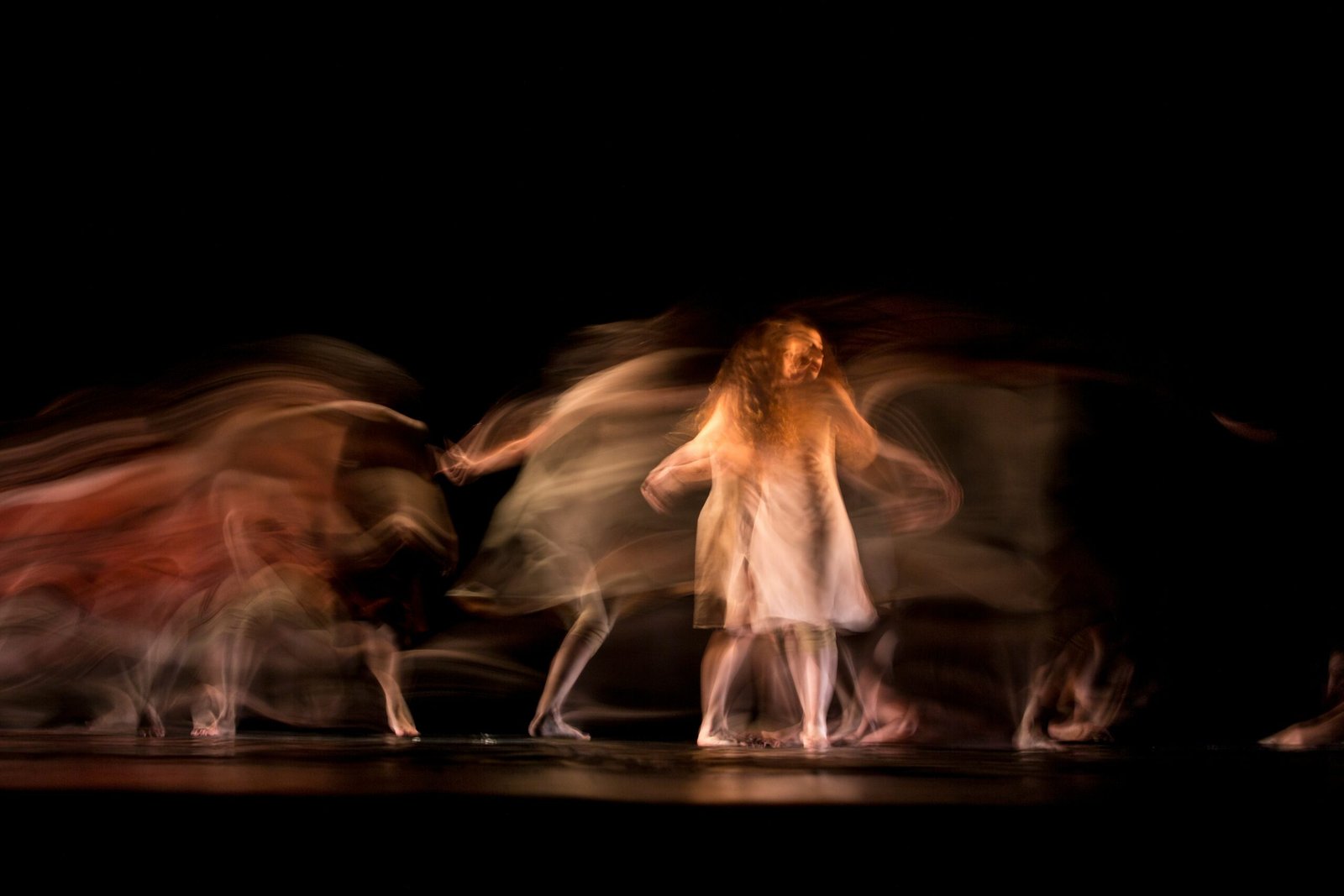
One of the challenges that performers in the performing arts face is the pressure to constantly improve and refine their skills. Whether it’s mastering a difficult dance routine, perfecting a challenging musical piece, or memorizing lines for a play, performers are always striving for perfection. This requires hours of practice and dedication, often sacrificing personal time and social activities. However, the rewards of this hard work are immeasurable.
The Rewards of the Performing Arts
One of the most rewarding aspects of the performing arts is the ability to connect with an audience on a deep and emotional level. When a performer steps onto the stage and delivers a powerful monologue, executes a flawless dance routine, or hits a high note with precision, they have the power to evoke strong emotions in their audience. This connection can be incredibly fulfilling for both the performer and the audience, creating a shared experience that transcends language and cultural barriers.
Furthermore, the performing arts provide a platform for self-expression and creativity. Performers have the opportunity to bring their unique perspectives and ideas to life through their art. Whether it’s through a thought-provoking play, a mesmerizing dance performance, or a soul-stirring musical composition, performers have the ability to inspire, challenge, and provoke thought in their audiences. This creative outlet can be immensely gratifying for performers, allowing them to share their voice and make a lasting impact.
Additionally, the performing arts foster collaboration and teamwork. In order to create a successful performance, performers must work together, supporting and relying on one another. This sense of camaraderie and shared purpose can create strong bonds among performers, as they navigate the challenges and triumphs of the creative process together. The ability to collaborate effectively is not only essential in the performing arts but also translates to other areas of life, such as the workplace and personal relationships.
Finally, the performing arts provide a sense of escapism and entertainment for both performers and audiences. In a world filled with stress and responsibilities, the performing arts offer a temporary reprieve, allowing individuals to lose themselves in a captivating story, a mesmerizing dance, or a beautiful melody. This ability to transport audiences to different worlds and evoke a range of emotions is truly magical.
In conclusion, while the performing arts present unique challenges, the rewards they offer are abundant. From the ability to connect with an audience on a deep and emotional level, to the opportunity for self-expression and creativity, to the fostering of collaboration and teamwork, the performing arts have the power to enrich the lives of both performers and audiences alike. So, the next time you attend a theater performance, a dance recital, or a concert, take a moment to appreciate the dedication and hard work that goes into creating such a memorable experience.
4. Balancing Artistic Integrity and Commercial Viability
Another challenge that performers in the arts face is the constant struggle to balance artistic integrity with commercial viability. On one hand, artists want to express their creativity and push boundaries, creating work that is meaningful and authentic to their artistic vision. On the other hand, they need to consider the marketability of their work and appeal to a wide audience to sustain their careers.
This balancing act can be particularly challenging in industries where commercial success often dictates opportunities and financial stability. Performers may find themselves torn between pursuing projects that align with their artistic values but may not have broad appeal, or compromising their artistic vision to cater to popular tastes and trends.
Moreover, the pressure to conform to industry standards and expectations can stifle creativity and limit artistic exploration. Performers must navigate this delicate balance, finding ways to stay true to their artistic voice while also meeting the demands of the industry.
5. Lack of Job Security
Job security is a significant concern for performers in the arts. Many artists work on a project-to-project basis, with no guarantee of consistent work or income. This lack of stability can create anxiety and uncertainty, as performers constantly need to search for new opportunities and secure their next gig.
Additionally, the nature of the performing arts industry can be unpredictable, with trends and preferences constantly changing. What may be in demand today may not be tomorrow, and performers need to adapt and evolve to stay relevant. This constant need to prove oneself and stay ahead of the competition can be mentally and emotionally draining.
Furthermore, the COVID-19 pandemic has further exacerbated the lack of job security in the performing arts. With live performances and events being canceled or postponed, many performers have found themselves without work or struggling to find alternative ways to showcase their talent.
6. Striving for Work-Life Balance
Striving for work-life balance is a challenge that extends beyond the performing arts industry, but it is particularly relevant for performers. The demanding nature of their work often requires long hours, irregular schedules, and frequent travel. This can make it difficult to maintain personal relationships, take care of their physical and mental well-being, and pursue hobbies and interests outside of their craft.
Performers may also find it challenging to disconnect from their work and find time for rest and relaxation. The pressure to constantly be “on” and the fear of missing out on opportunities can lead to burnout and exhaustion.
Despite these challenges, performers in the arts are driven by their passion and love for their craft. They are willing to overcome obstacles, adapt to changes, and continue pursuing their dreams, knowing that the rewards of their hard work are immeasurable.
4. Cultural Appreciation and Understanding
The performing arts play a crucial role in promoting cultural appreciation and understanding. Through the exploration of different art forms, performers and audiences alike gain a deeper understanding and appreciation for diverse cultures and traditions.
Performing arts often draw inspiration from various cultural backgrounds, incorporating elements of music, dance, and storytelling from different parts of the world. This exposure to different cultural expressions helps to break down barriers and foster a sense of unity and respect for all cultures.
By experiencing performances from different cultures, audiences are able to broaden their perspectives, challenge their preconceived notions, and develop a greater sense of empathy and understanding. This cultural exchange not only enriches the performing arts community but also contributes to a more inclusive and interconnected society.
5. Impact on Society
The performing arts have the power to make a significant impact on society. Through their performances, artists can shed light on important social issues, spark conversations, and inspire change.
Performing arts have historically been a catalyst for social and political movements, providing a platform for marginalized voices to be heard and for societal norms to be challenged. Whether it’s through powerful plays, thought-provoking dance performances, or impactful musical compositions, artists have the ability to provoke thought, ignite emotions, and motivate action.
Furthermore, the performing arts contribute to the economy by creating job opportunities and attracting tourism. The entertainment industry, which encompasses the performing arts, is a significant contributor to the global economy, generating billions of dollars in revenue and providing employment for millions of people.
In conclusion, the performing arts offer a multitude of rewards, ranging from personal fulfillment and self-expression to cultural appreciation and societal impact. Whether you are a performer or an audience member, engaging with the performing arts can be a transformative and enriching experience that has the power to inspire, connect, and shape our world.



